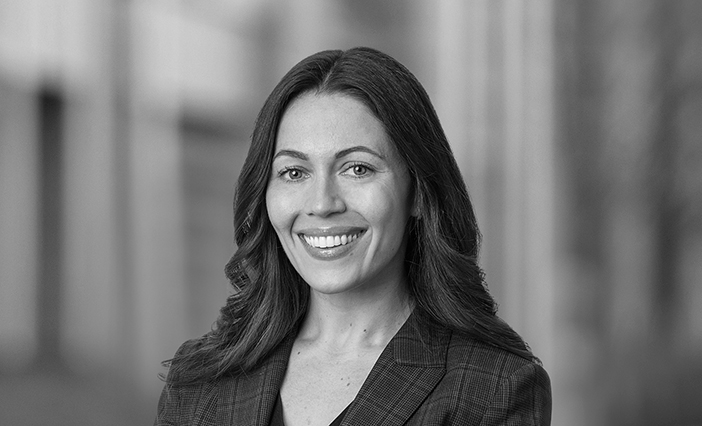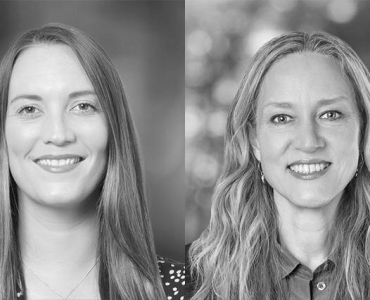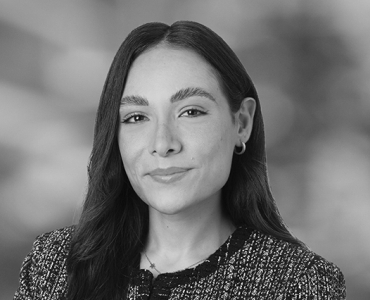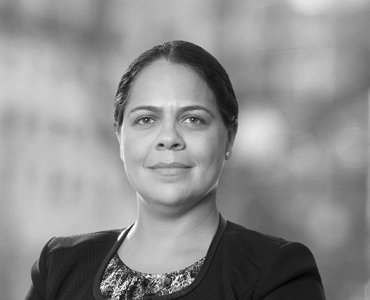
April 2024: Norah Arafeh is an associate in our New York M&A Practice and co-chair of our Middle Eastern and North African affinity network. As part of our celebrations of Arab-American Month, she shares her story about being proudly Syrian-American and how her identity has helped shape her life.
My father moved to the United States in the 1980s from Damascus, Syria
While very much embodying the American Dream, he still retained his strong ties to Syria and cultivated in us a deep love of the homeland. Being both fully Arab and fully American were not mutually exclusive ideas in our home, and so my younger sister and I were raised as proud first-generation Syrian-Americans.
Growing up, we spent nearly every summer in Syria visiting family
As a teenager, I enrolled in intensive Arabic courses in Syria to sharpen my language skills. Most of our Syrian family remains in Damascus, the oldest continuously inhabited city in the world (and, in my biased opinion, one of the most beautiful). I still think I am the luckiest person in the world for having the opportunity to spend some of my most formative years in that city in the years before the war started in 2011. The Syrian diaspora continues to grow and leave its mark all over the world.
Arab-Americans always manage to find each other
These moments of connection somehow always feel like pure magic. For me, it's the generosity, humor and love of family and food that unite us all. Every Arab will think they have the best cuisine, but of course I believe that Syrian food is superior. I view our culinary tradition as another form of the amazing art that has come out of Syria since before Roman times, and also the way we express love.
Arab-Americans also have a grit and resilience that is unique to our communities
Decades of war, displacement, surveillance and discrimination in the post-9/11 years have shaped our collective consciousness in a profound way. Being Arab in America is a political statement as much as it is a cultural one.
We're not just one people
I think it's helpful to view Arab identity as centered around our shared cultural, socio-linguistic heritage. The region is also home to many other communities that have contributed to the development of our expansive culture (Amazigh, Jewish, Kurdish, Assyrian and Armenian, to name a few) and has been influenced by our Turkish and Persian-speaking neighbors over the centuries. We are certainly not a monolith and hail from 22 different countries across the Arab world!
Many Arab communities have called America home
This dates from the first major wave of Arab-American immigration in the late 19th century, meaning that Arab communities in the United States are just as "American" as any other community. We are just as American as an ice cream cone at the World Fair (where it was allegedly invented by a Syrian-American in 1904). Still, rampant misinformation and stereotypes abound, such as the widely held belief that most Arab-Americans are Muslim (in fact, as many as 63 to 77 percent identify as Christian).
Arabs are the original storytellers
The language is naturally constructed to allow for large-scale memorization and recitation. One of my favorite activities in the Old City of Damascus is visiting the local hakawati, a Syrian storyteller who recites revered Syrian stories and folktales in local cafes. During my last visit to Syria in 2023, I was very pleased to see that this tradition (which spans hundreds of years) is still alive and well.





